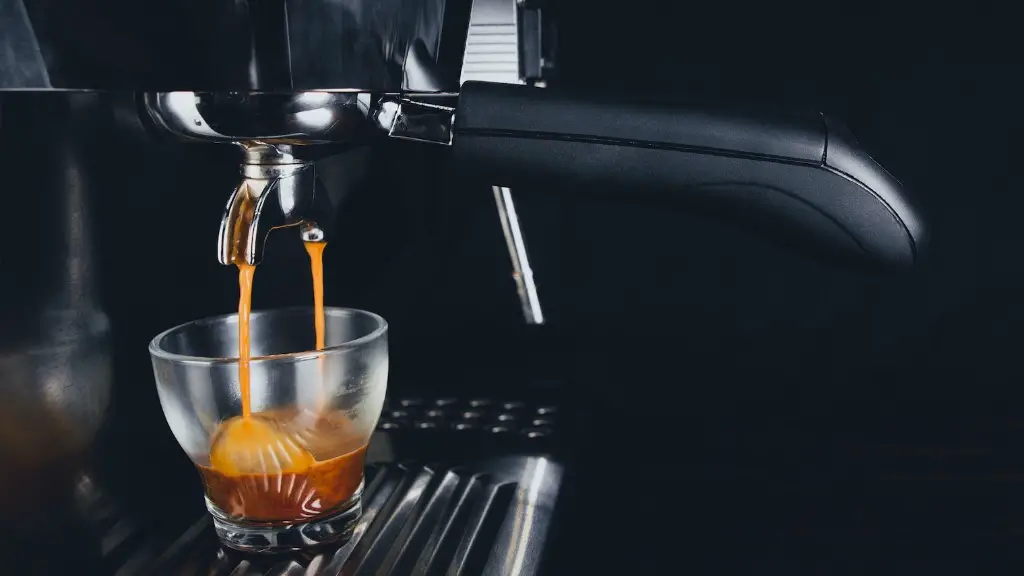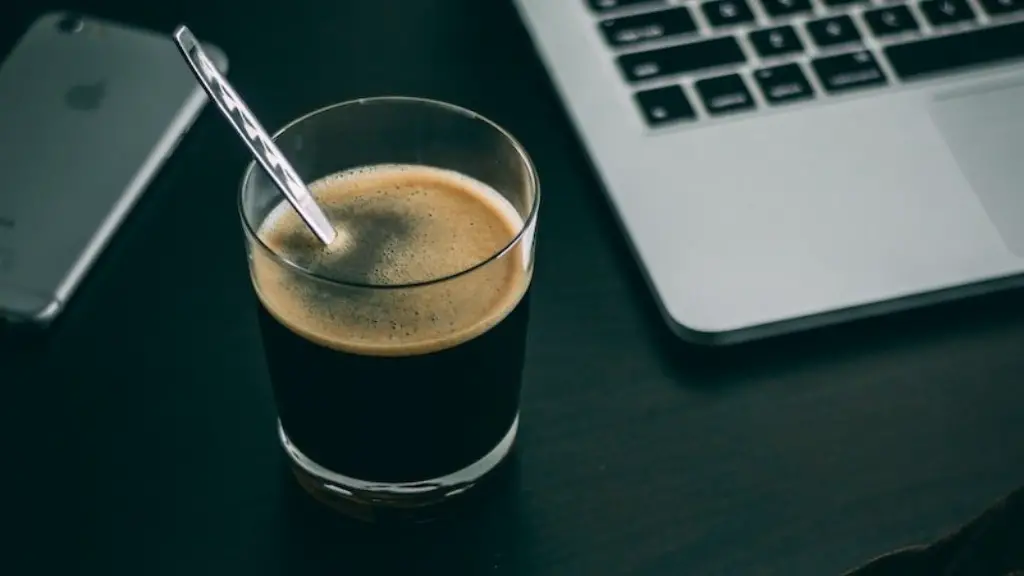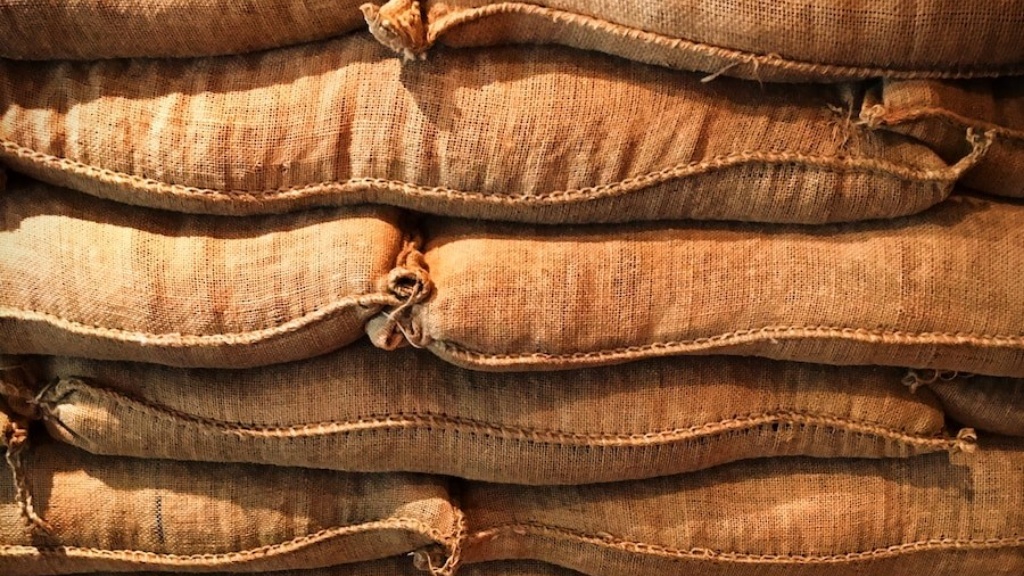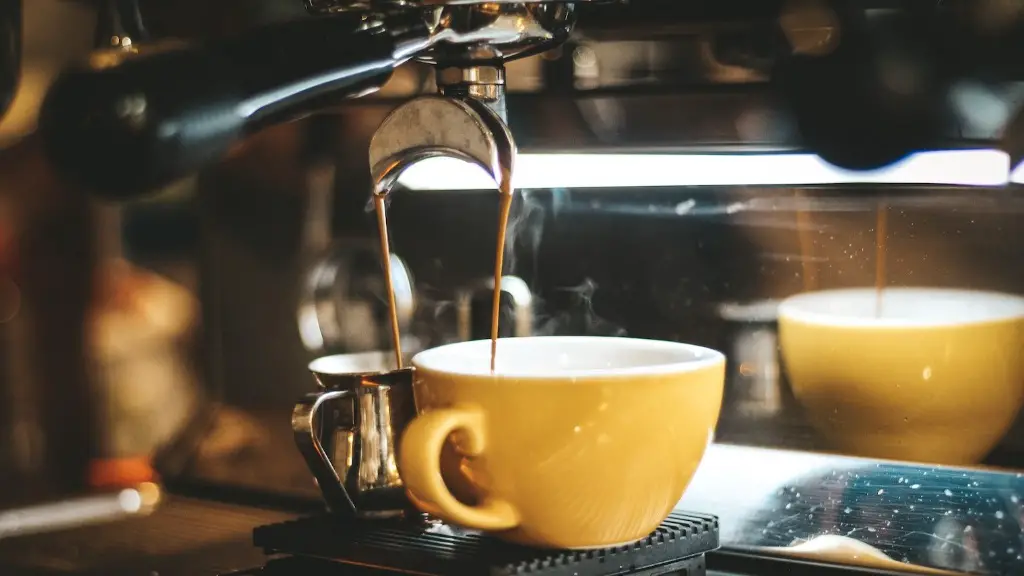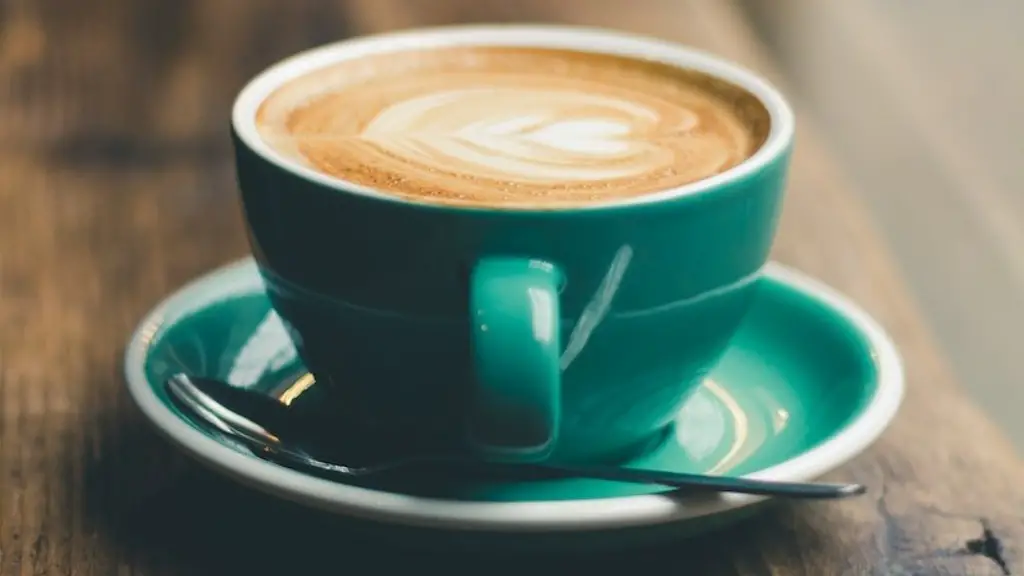Coffee and juice cleanses are two popular programs for health and wellbeing, but can they be combined? Many juice cleanses use vegetable and fruit juices with no added caffeine to help people feel healthier and detoxify their bodies, while coffee is enjoyed as an energizing morning pick-me-up. So can you drink coffee during a juice cleanse?
According to the Harvard T.H. Chan School of Public Health, drinking coffee can potentially reduce the health benefits of a juice cleanse. Coffee’s caffeine content can interfere with the detoxification process and reduce the body’s ability to absorb essential nutrients. Drinking coffee while on a juice cleanse may also cause digestive disturbances and headaches. If you’re determined to drink coffee, some experts say to wait at least an hour after drinking your juice to have a cup.
In contrast to these opinions, there are experts who believe that drinking coffee during a juice cleanse can be beneficial. Some coffee drinkers swear that if drunk a couple of hours after the juice, coffee can kickstart digestion, helping to re-energize the body. Adding a small amount of coffee after a juice can also help reduce cravings and provide a little bit of relaxation. Cappuccino aficionados, for example, may find drinking coffee after a juice to be an enjoyable experience.
My own opinion is that drinking coffee during a juice cleanse shouldn’t be discouraged, but it’s important to use moderation. If you want to indulge in coffee, be aware that it won’t provide the same benefits as the juice cleanse, so only the occasional drink should be considered. You can always try the program without the coffee, to see how it would make you feel. I recommend experiencing the program before adding in coffee.
Coffee Additives
If you do decide to drink coffee during a juice cleanse, it’s important to consider what you’re adding to it. Caffeinated energy drinks are no-no’s, as are shakes and other sugary drinks that contain refined sugars and artificial sweeteners. Stick to decaffeinated coffee, if possible, and forgo the typical cream, sugar, and other common additives. Unsweetened almond or coconut milk is the best option for coffee, if you’re looking for something to make it more enjoyable. Make sure to drink plenty of water throughout the cleanse to help the body absorb the coffee, as well.
If diet restrictions are part of the cleanse you are doing, then abide by them while also drinking coffee. Many juice cleanses involve specific restrictions, so if you’re on a cleanse, it wouldn’t make sense to add coffee in a way that compromises the goals of the program. Consider using herbal infusions or black tea instead, as these don’t contain high levels of caffeine like coffee does.
Ultimately, there isn’t a blanket answer to the question of whether or not you can or should drink coffee during a juice cleanse. Everyone’s body is different and tolerance and preference for a certain lifestyle choices can vary. To be safe, it’s best to consult with a doctor before engaging in any type of juice cleanse and be aware of the potential effects and benefits of coffee drinking.
Understanding Caffeine Effects
Caffeine is notoriously known for providing energy, from increased alertness to enhanced physical performance. Since the body metabolizes caffeine faster when consumed on a full stomach, drinking a cup of coffee after a juice may stimulate the body’s energy production and boost mental alertness. Faster caffeine metabolism is also thought to reduce the likelihood of harmful side effects, such as anxiety and restlessness.
The way the body responds to caffeine is affected by individual factors, so how much of an effect it will have can vary. Caffeine tolerance, genetics, and lifestyle all play a role in how your body will process the stimulant. That being said, if you’re considering drinking coffee during a juice cleanse, keep in mind that even if you don’t develop some of the side effects commonly associated with consuming caffeine, you still need to consume it in moderation.
Mild symptoms such as headaches or nausea can be expected when consuming too much caffeine, but in extreme cases, it can lead to severe health concerns. Overdosing on caffeine is generally the result of consuming too much at once or overdoing it over long periods of time. Pay attention to the way your body responds to the added caffeine, and drink plenty of water to help metabolize it and keep yourself properly hydrated.
Alternatives to Coffee
If you want to avoid drinking coffee during a juice cleanse, there are plenty of options to get the benefits of caffeine without the detrimental side effects. Yerba mate, for one, is a popular beverage option that is popular in South America and known for its stimulating effects. The tea contains a relatively high amount of caffeine, but is also full of nutrients and antioxidants to protect the body from damage. It is also thought to help quickly break down the sugars found in fruit juices, for faster metabolism.
Matcha is another popular alternative that offers the energizing effects of coffee, but with a host of other health benefits. Matcha green tea is made from finely ground green tea leaves and contains antioxidants, flavonoids, and a variety of vitamins and minerals. High levels of l-theanine give it an energizing, but relaxing effect, which can make it a great pick-me-up during a juice cleanse.
If you are used to the flavor of coffee, you may want to consider rooibos tea. This caffeine-free herbal tea is made from the leaves of the South African redbush tree and has a mild, earthy flavor. It’s rich in vitamins and minerals, and is thought to improve digestion and reduce fatigue. It can easily substitute coffee during a juice cleanse, while still providing the mental energy you need to stay focused and energized.
Coffee Pros and Cons
When deciding whether to add coffee to your juice cleanse, it’s important to consider all the pros and cons. On one hand, coffee can provide beneficial properties, such as improved mental performance, increased alertness, and better digestion. On the other hand, the caffeine content in coffee can be detrimental and unwelcome in a detoxification program. Knowing the effects of caffeine on the body will help you make an informed decision whether to add coffee to your juice cleanse.
In addition to the desirable effects, it is important to be aware of the potential risks associated with coffee consumption. Caffeinated drinks are diuretics, so you can expect to urinate more than usual to flush out the additional caffeine. Increased urination can cause dehydration, so it’s important to drink plenty of water throughout the day. It’s also important to take into account that the effects of coffee will be slightly more potent when consumed on an empty stomach, so leave some time between coffee and a juice.
To be safe, I recommend keeping coffee consumption to a minimum during a juice cleanse. Adding coffee isn’t necessarily wrong, only if drunk in moderation, but ultimately, it’s best to be aware of how it affects your body and how much you can handle. Everybody is unique in how they respond to caffeine, so use caution and be mindful of potential side effects and risk factors.
Dark Roast vs. Light Roast
When it comes to coffee, choosing the type of roast–dark or light–also affects the way in body processes it. Dark roast coffee contains more caffeine than light roast, offering a more intense flavor and more potent stimulant effect. Light roast coffee is lighter in flavor, but still carries a buzz-worthy kick. It may provide a milder effect compared to dark roast, but still offers plenty of energy.
Decide which type of roast you would like to have and experiment to find out which one agrees with your body better. Avoid adding milk, cream, or sugar in your coffee, if possible, as those ingredients can slow down caffeine metabolism and can interfere with the detoxification process. Keep in mind that the type of roast will affect the flavor, as darker roasts can be bitter while lighter roasts will be mellower.
If you are determined to drink coffee while doing a juice cleanse, choosing the right type of roast is essential. Keep in mind that caffeine metabolism is different for every body, so it’s best to start with lighter roasts and find the one that best suits your system. That being said, try to keep coffee consumption to a minimum, as your goal should be to maximize the benefits of your juice cleanse as much as possible.
Finding the Right Balance
Drinking coffee can be enjoyable, but during a juice cleanse, it is important to consider how it may affect your body. Generally speaking, it’s best to avoid or limit coffee intake, as caffeine can interfere with the body’s natural detoxification process. But if you want the occasional pick-me-up, you can always substitute coffee with other energizing beverages, such as herbal tea, matcha, or yerba mate, while still adhering to the cleanse goals.
Finally, it’s important to keep an eye on your caffeine intake over long periods of time. Overdosing can lead to serious medical conditions, so be mindful when drinking coffee during a juice cleanse. Most importantly, always prioritize the instructions and guidelines of the cleanse that you have chosen and follow the tips provided.
